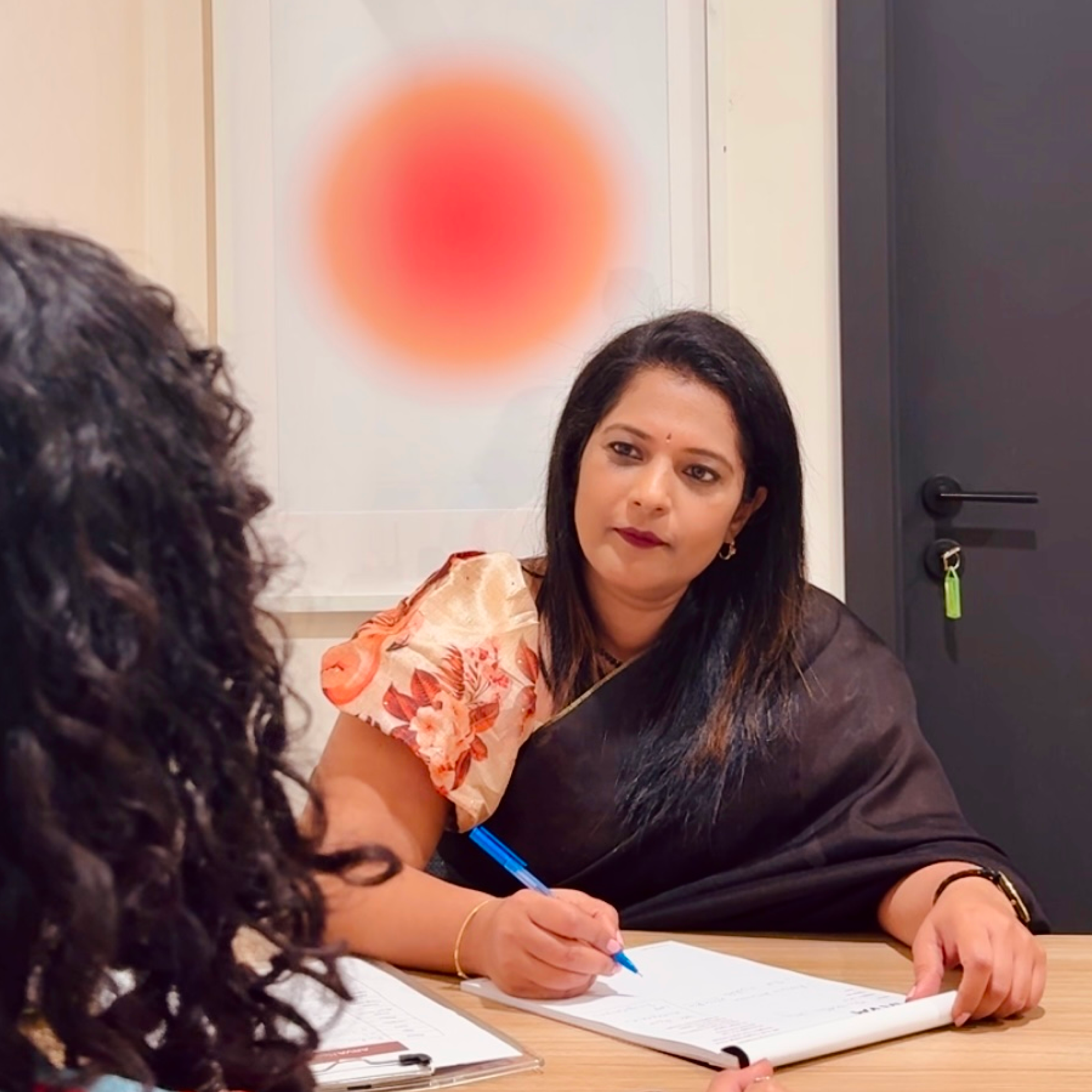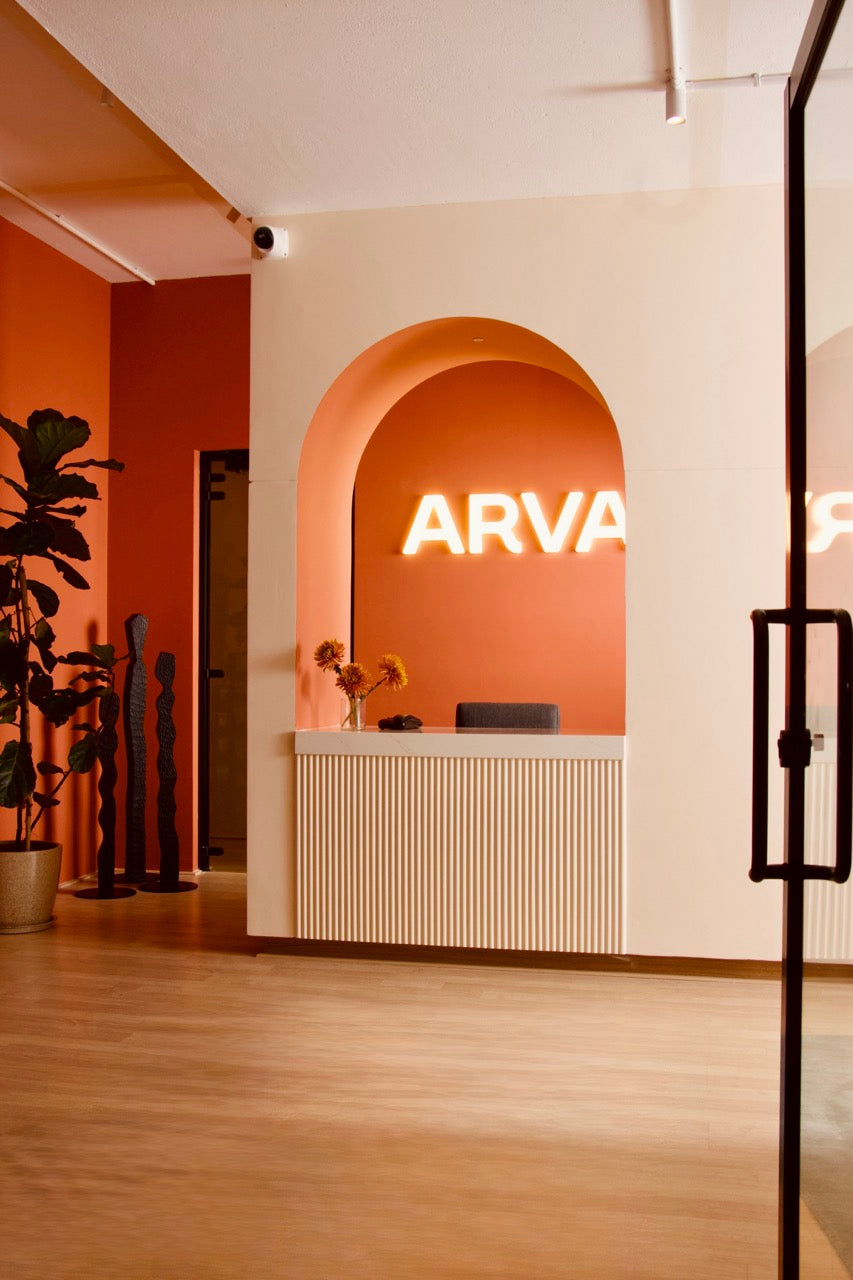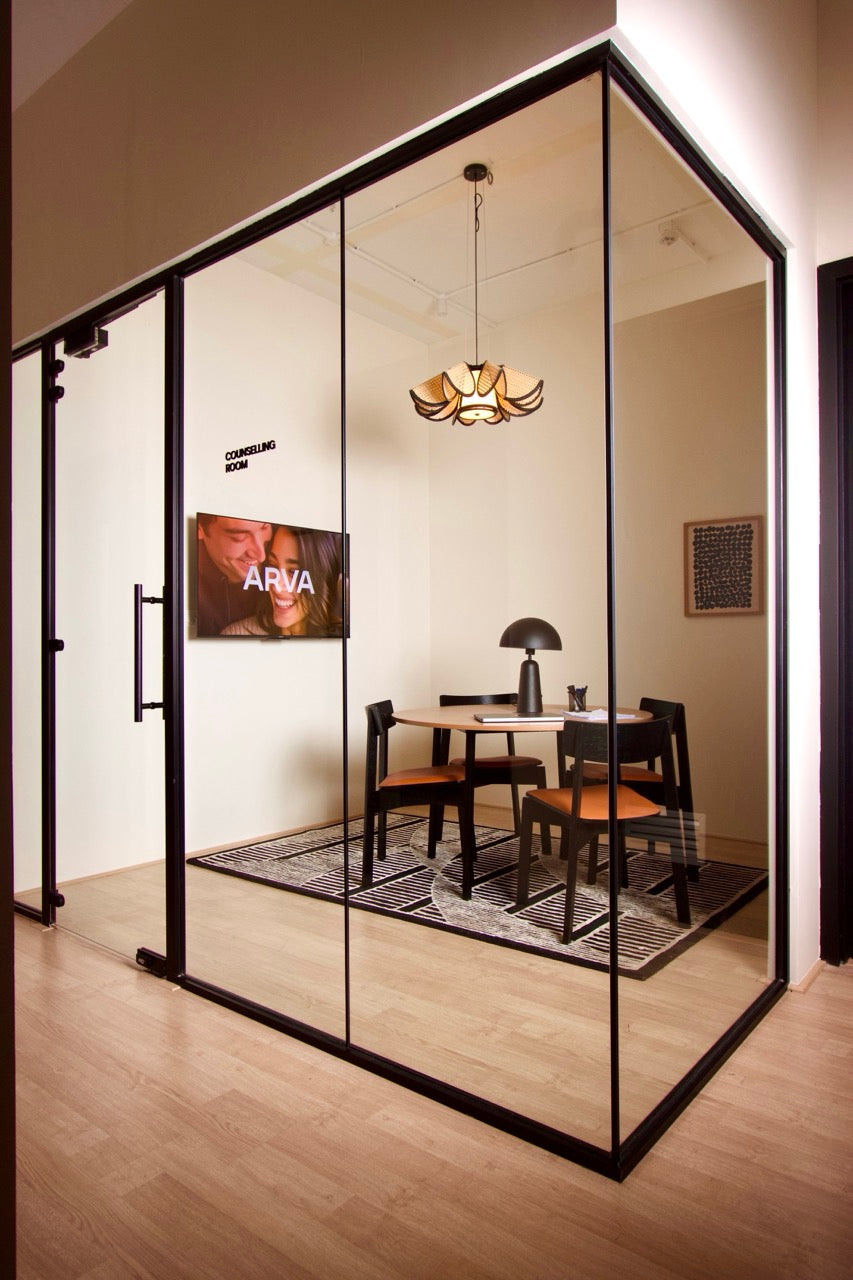Today, time is on our side. After 30, egg counts decline and they don’t bounce back. Freezing now means more healthy eggs stored for later.
Younger eggs have fewer abnormalities and higher chances of success. Freezing preserves that quality for the future.
PCOS, endometriosis, or hormonal issues can affect fertility over time. Freezing eggs helps you stay in control, no matter what comes your way.






















